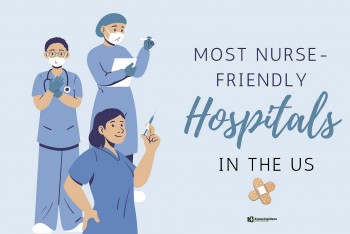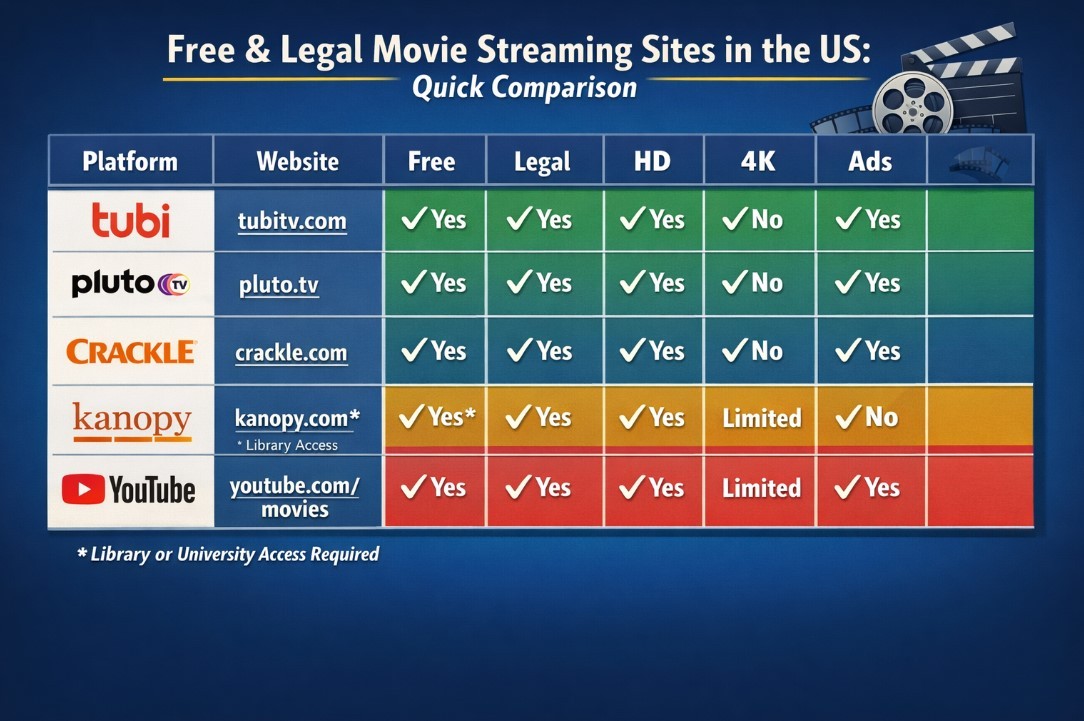Full List of Holidays and Leave Entitlements for Healthcare Workers in the U.S
Healthcare workers in the United States are dedicated to providing essential care, often working long hours and through holidays that others spend with family. In recognition of their contributions, healthcare institutions offer specific holidays and leave entitlements.
This article explores these entitlements in detail, from holiday pay and paid time off (PTO) to specialized mental health leave, and highlights the role of special days dedicated to celebrating healthcare professionals.
 |
| Healthcare workers in the US also need holidays and vacations to recharge. |
1. Federal and State Holidays
- **Federal Holidays: Although federal holidays such as New Year’s Day, Independence Day, and Thanksgiving are national observances, many healthcare institutions operate 24/7, which means healthcare workers may be required to work on these days.
- **Holiday Pay: To compensate, most hospitals and clinics offer holiday pay at a rate of 1.5 to 2 times the regular rate. Some institutions even provide additional PTO for employees who work during these holidays, allowing them to schedule a day off later.
2. Paid Time Off (PTO) Policies
- **Standard PTO Policies: Most healthcare workers accumulate PTO based on hours worked and years of service, with full-time employees typically earning 10-15 days of PTO annually. Some institutions allow PTO to cover vacation, personal days, and sick days, while others offer separate sick leave allocations.
- **Scheduling Challenges: Given the high demand for healthcare services, workers often need to schedule PTO well in advance and may face restrictions during busy seasons like winter. Many institutions offer some flexibility, but requests are typically honored on a first-come, first-served basis.
3. Sick Leave and Family Medical Leave (FMLA)
- **Sick Leave: Many states have laws requiring paid sick leave, but the amount varies by state and institution. Some states mandate a minimum accrual of one hour of sick leave for every 30 hours worked.
- **Family and Medical Leave Act (FMLA): Healthcare workers are entitled to up to 12 weeks of unpaid, job-protected leave for personal or family health issues under FMLA. Some hospitals provide partial or full pay for FMLA leave, although this is not a legal requirement.
4. Maternity, Paternity, and Parental Leave
- **Maternity Leave: Generally, healthcare institutions offer between 6-12 weeks of maternity leave, with partial or full pay depending on the institution and state laws. Some states also provide paid family leave benefits to cover part of the maternity leave.
- **Paternity and Parental Leave: Increasingly, healthcare institutions are providing paternity leave, offering up to two weeks of paid leave for new fathers or partners. Shared parental leave policies are also growing in popularity, allowing parents to divide leave time between them.
5. Bereavement Leave
- **Leave Policies: Bereavement leave typically ranges from 3-5 days for immediate family members. This can be extended on a case-by-case basis, with some institutions offering longer leave or allowing for unpaid leave if more time is needed.
- **Flexible Scheduling: Some institutions support flexible scheduling or allow employees to use PTO for extended bereavement.
6. Mental Health Days and Wellbeing Leave
- **Increasing Awareness: Due to the high stress levels in healthcare, some hospitals and clinics now provide specific mental health days. This allows workers to take time off to manage stress and prevent burnout.
- **Wellness Programs: Many institutions have expanded their wellness offerings with counseling services, employee support groups, and mental health resources. After the COVID-19 pandemic, these programs became essential, helping staff cope with the demanding nature of their work.
7. Special Holidays for Healthcare Workers
- **National Nurses Week (May 6-12): Celebrated each year, National Nurses Week honors the contributions of nurses with events, recognition, and sometimes additional paid time off or bonuses from employers.
- **Doctors’ Day (March 30): Established to recognize physicians’ contributions to society and healthcare, Doctors’ Day is celebrated with ceremonies, meals, and small gifts. Some hospitals provide additional perks to doctors on this day.
- **Healthcare Workers Appreciation Day (October): Although not a federally recognized holiday, many organizations celebrate Healthcare Workers Appreciation Day in October, often with acknowledgments, awards, and recognition ceremonies.
- **Special Hospital-Specific Days: Some hospitals establish their own appreciation days for various departments, offering events, small gifts, or meals to recognize the staff's hard work.
8. Floating Holidays and Religious Observances
- **Floating Holidays: Many institutions offer floating holidays that healthcare workers can use for personal reasons or to observe cultural or religious holidays that may not align with federal holidays.
- **Religious Accommodation: Federal law requires employers to provide reasonable accommodations for religious observances. Healthcare institutions generally allow flexible scheduling or PTO for religious observances to maintain an inclusive workplace.
Conclusion
With their challenging work environments, healthcare workers in the United States benefit from a range of holidays, leave entitlements, and specialized observances dedicated to honoring their contributions.
While policies vary across institutions, there is a growing recognition of the importance of wellness programs, mental health days, and flexibility to support these essential professionals.
Frequently Asked Questions (FAQ)
**Q: Do healthcare workers receive holiday pay for working on federal holidays?
**A:** Yes, most healthcare facilities offer premium pay (1.5 to 2 times the regular rate) for those who work on federal holidays.
**Q: Can healthcare workers take time off for mental health needs?
**A:** Many healthcare employers now offer specific mental health days or wellness programs to support workers’ mental well-being.
**Q: What is National Nurses Week, and do nurses get additional time off?
**A:** National Nurses Week is celebrated annually from May 6-12 to honor nurses. Some institutions offer small perks, bonuses, or events, but it doesn’t generally include extra paid time off.
**Q: How is bereavement leave handled in healthcare?
**A:** Typically, healthcare workers receive 3-5 days of paid leave for an immediate family member's passing, with some flexibility for longer absences.
**Q: Do healthcare workers have paid parental leave?
**A:** Yes, but policies vary. While maternity leave is widely available, paternity and shared parental leave are offered less frequently and are institution-dependent.
 Multiple Solutions for Health Workforce Shortage Multiple Solutions for Health Workforce Shortage The healthcare system and workforce have escalated significantly with Covid-19 pandemic. |
 Top 5 Hottest Female Nurses in the World Today Top 5 Hottest Female Nurses in the World Today Not only possessing a beautiful faces, the female nurses also impress with their long legs and hot body, causing a stir in the online community. |
 11 Best U.S Hospitals With The Most Friendly Nurses 11 Best U.S Hospitals With The Most Friendly Nurses Among over 6,000 hospitals in the US, which one is the most friendly to nurses? The hospitals in the list below offer nurses a wide ... |


























